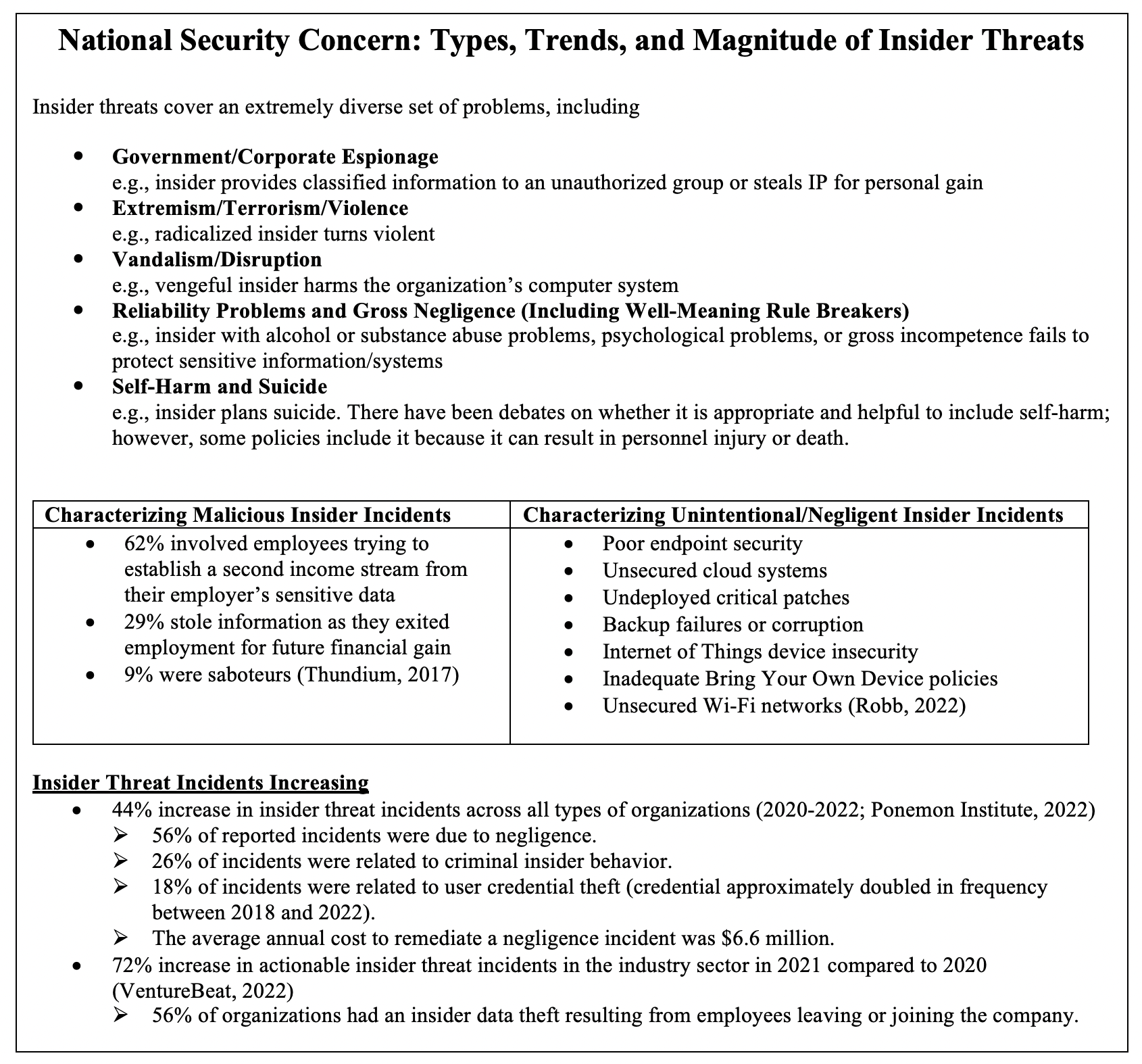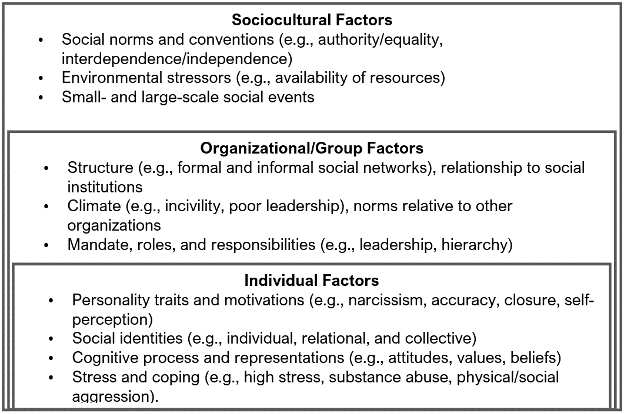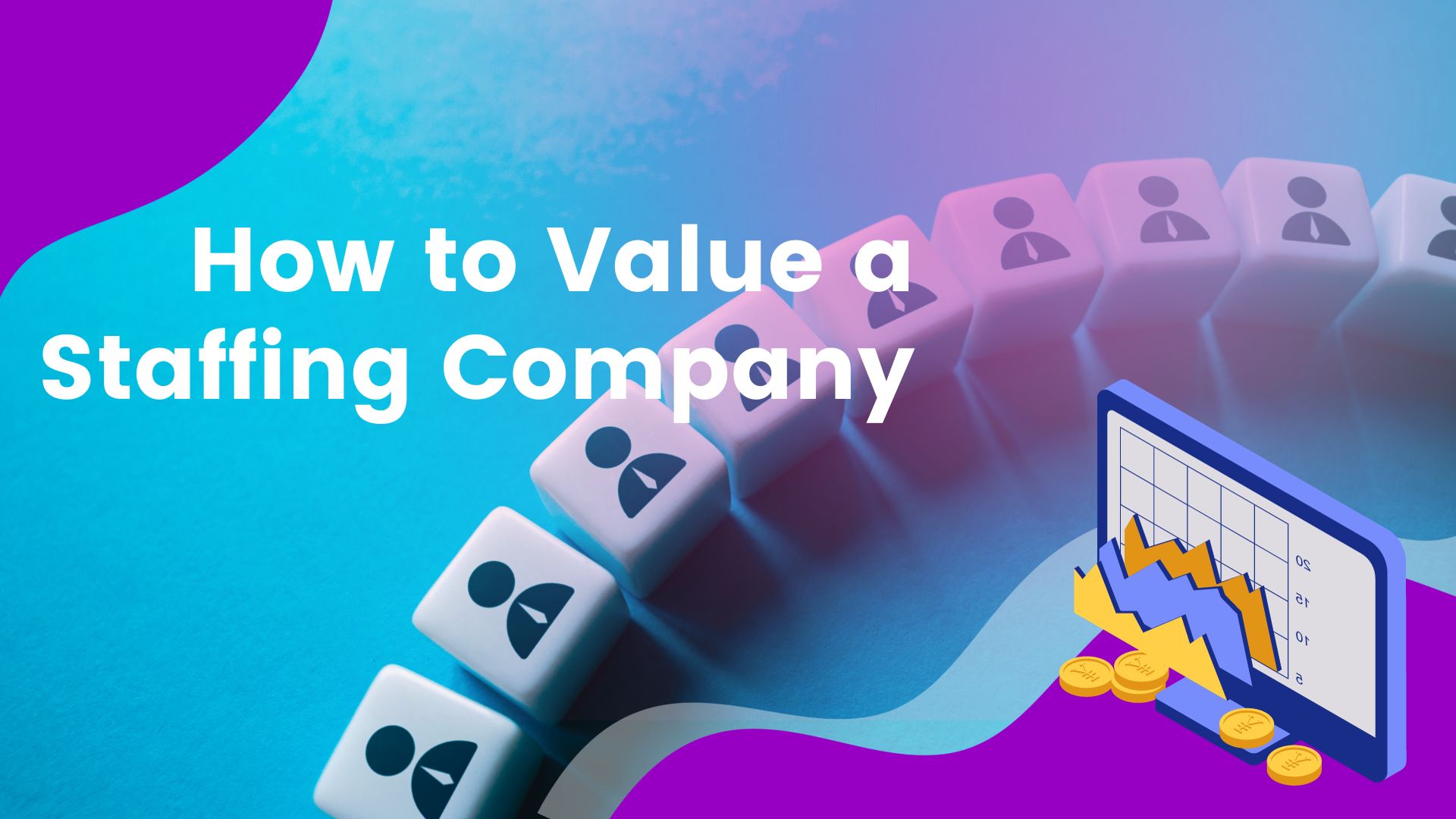To value a staffing company, consider its earnings, market trends, and growth potential. Examine the balance sheet, client diversification, and operational systems.
Valuing a staffing company effectively requires a keen understanding of its financial health and the industry’s nuances. Business appraisers often start by analyzing the company’s profitability and cash flow consistency, which are critical indicators of its economic stability. They focus on unique drivers such as the firm’s market position, the stickiness of client relationships, and the scalability of its operations.
The company’s ability to adapt to changing labor markets and regulations also plays a vital role in its valuation. As the staffing industry is people-centric, the quality of the workforce and management team significantly impacts the overall worth of the business. Investing the time to thoroughly assess these factors will yield a comprehensive valuation, setting the stage for informed decision-making whether for selling, buying, or growing the staffing firm.

Credit: citrap.scholasticahq.com
Introduction To Staffing Company Valuation
Understanding the unique characteristics of the staffing industry is critical for accurately valuing a staffing company. With its reliance on human capital and the fluctuations in the job market, this sector requires a specialized approach to valuation. The industry’s resilience, demonstrated by its capacity to adapt to economic changes and the growing demand for flexible workforces, underscores the importance of a precise valuation.
Several key factors influence the value of a staffing company, including the size and growth potential of its customer base, the diversity and skill levels of the workforce it provides, and the strength of its client relationships. Additionally, the company’s financial health, operational efficiency, and capacity to generate consistent revenues are vital indicators of its worth. To establish a realistic and accurate valuation, a careful assessment of these components along with current market trends is essential.
Core Valuation Methods For Staffing Companies
Determining the value of a staffing company often involves analyzing several methodologies to arrive at the most accurate estimation. The Income Approach focuses on discounting the future earnings of the company, projecting its potential profitability. This method hinges on the ability to predict future cash flows and the selection of an appropriate discount rate to account for the risk and time value of money.
Contrastingly, the Market Approach conducts a comparables analysis by looking at similar companies in the industry. By examining the sale prices of comparable staffing firms, one can derive a market-supported valuation. Lastly, the Asset-Based Approach calculates the company’s worth based on its assets and liabilities. This approach entails a detailed inventory of the company’s tangible and intangible assets, subtracting the value of liabilities to determine the net asset value.
Professionals must evaluate the reliability of different valuation techniques given the specific circumstances surrounding the staffing company, including the market dynamics, the firm’s financial health, and its operational history. A blend of these methods or a more prominent reliance on one might be justified depending on the availability and reliability of necessary data.
Insider Valuation Secrets
Valuing a staffing company necessitates careful adjustment of financial statements. Expenses and revenues may need to be normalized to eliminate non-recurring or non-operational items, ensuring a clear picture of financial health. This clarity allows for precise appraisal.
Client contracts and relationships have significant bearing on worth, encapsulating both the current and potential future revenue streams. Long-standing and reliable clients provide stability, enhancing the valuation. Noteworthy is the importance of analyzing the mix of temporary versus permanent placement services. Diversities in service lines can affect the risk profile and growth potential of the firm.
Also critical to valuation is understanding the sway of industry trends and economic cycles. Staffing firms that adeptly navigate these variables tend to have enhanced valuations due to their market resilience and capability to capitalize on economic upturns.

Credit: m.facebook.com
Valuation Nuances Specific To Staffing Companies
Understanding the nuances of staffing company valuation revolves significantly around the gross margin analysis. The margins showcase the company’s efficiency in sourcing and placing talent while controlling costs. A higher gross margin often indicates a more profitable and scalable operation, directly influencing the company’s worth.
Legal and compliance issues carry substantial weight in the staffing industry’s risk assessment. Companies steadfast in adhering to labor laws and employment regulations generally present a lower risk profile, positively affecting their valuation. Vigilance in these areas mitigates potential legal liabilities and enhances the company’s reputation and stability.
The frequency of staff turnover can signify the underlying health of a staffing firm. Companies with lower turnover rates suggest better management, employee satisfaction, and operational consistency, all of which contribute to a more favorable valuation. Conversely, high turnover can indicate operational difficulties or market disadvantages that could devalue the company.
Investments in technology and systems are crucial for boosting a staffing company’s valuation. Efficient systems facilitate seamless integration, improved candidate tracking, and streamlined processes, strengthening the company’s position in a competitive industry. Advanced technology usage serves as a hallmark for innovation, efficiency, and a strong foundation for future growth.
Finalizing The Valuation And Negotiation Strategies
Assembling a comprehensive valuation report is critical for a staffing company’s appraisal. This document should include an analysis of financial statements, details of the company’s cash flow, a summary of assets and liabilities, and an overview of market trends affecting the industry. A thorough report showcases the firm’s profitability and growth potential, guiding negotiations.
Successful negotiation tactics often depend on the clarity and strength of the valuation report. Articulating the value drivers and competitive advantages of the staffing company can pave the way for favorable terms. Techniques such as BATNA (Best Alternative To a Negotiated Agreement) identification and value-adding propositions are instrumental.
Utilizing the staffing company’s valuation can be influential in securing financing or developing solid exit strategies. Financial institutions or potential buyers place significant weight on accurate valuations during their decision-making processes.
| Case Study | Company | Sale Outcome |
|---|---|---|
| 1 | XYZ Staffing | 20% above asking price |
| 2 | ABC Recruitment | Merged with industry leader |
| 3 | 123 Workforce | Successful leveraged buyout |

Credit: citrap.scholasticahq.com
Frequently Asked Questions For How To Value A Staffing Company
How Do You Value Staffing Companies?
To value staffing companies, assess their financial performance, client diversity, growth potential, and market position. Examine revenue stability, profit margins, and operational efficiency. Consider industry trends and the company’s competitive advantages.
What Is A Good Profit Margin For Staffing Agency?
A good profit margin for a staffing agency typically ranges between 25-50%. This can vary depending on the services provided and market conditions.
What Is The Average Markup For A Staffing Agency?
The average markup for a staffing agency typically ranges from 25% to 100%, depending on various factors such as industry, location, and position level.
Is Owning A Staffing Agency Profitable?
Owning a staffing agency can be profitable if managed effectively, with potential for high returns as businesses consistently need temporary and permanent staff solutions. Revenue comes from the markup on employees’ wages.
Conclusion
Valuing a staffing company can be complex, but it’s crucial for growth. By understanding revenue streams, assessing market conditions, and calculating EBITDA multiples, you’ll arrive at a fair estimate. Remember, expert advice may refine these initial valuations. So take the plunge – your staffing firm’s potential awaits a precise value.

Karon Smith stands as a distinguished figure in the world of online business, showcasing a profound expertise in navigating the digital landscape. With a background firmly grounded in business strategy and technology, Karon Smith has emerged as a seasoned online business expert. Her career is marked by an adept understanding of e-commerce, digital marketing, and the intricacies of online operations. Known for her innovative approaches to building and scaling online ventures, Karon Smith has been a guiding force for businesses seeking to thrive in the digital realm. Her insights into the ever-evolving dynamics of online markets, coupled with a keen eye for emerging trends, make Karon Smith a valuable contributor to the evolving narrative of online entrepreneurship. As an advocate for strategic digital transformation, she continues to influence and shape the online business landscape, providing invaluable guidance to those navigating the complexities of the digital business world.


